
7 tips on how to fall asleep fast | Dodow
Check out these 7 tips to sleep well, whether you want to better your eating habits or do breathing exercises or meditation.
Lire la suiteInspired by yoga, hypnotherapy and meditation, developing Dodow immersed us into a deep study of alternative methods for fixing health problems; sleeping was just a first step.
We would like to share with you our studies, and help you discover health and well-being advice, that are easy to put into practice.
« I can’t sleep! » you scream at the top of your lungs (unfortunate soul, you’ve yet to become the overjoyed owner of a Dodow D: ). You know how it goes: tomorrow you’ll be super irritable and super tired.
So, what’s the deal? Why is it so hard to fall asleep when all you want to do is drift off to slumber land in the arms of Morpheus? Usually, it’s one of these reasons.
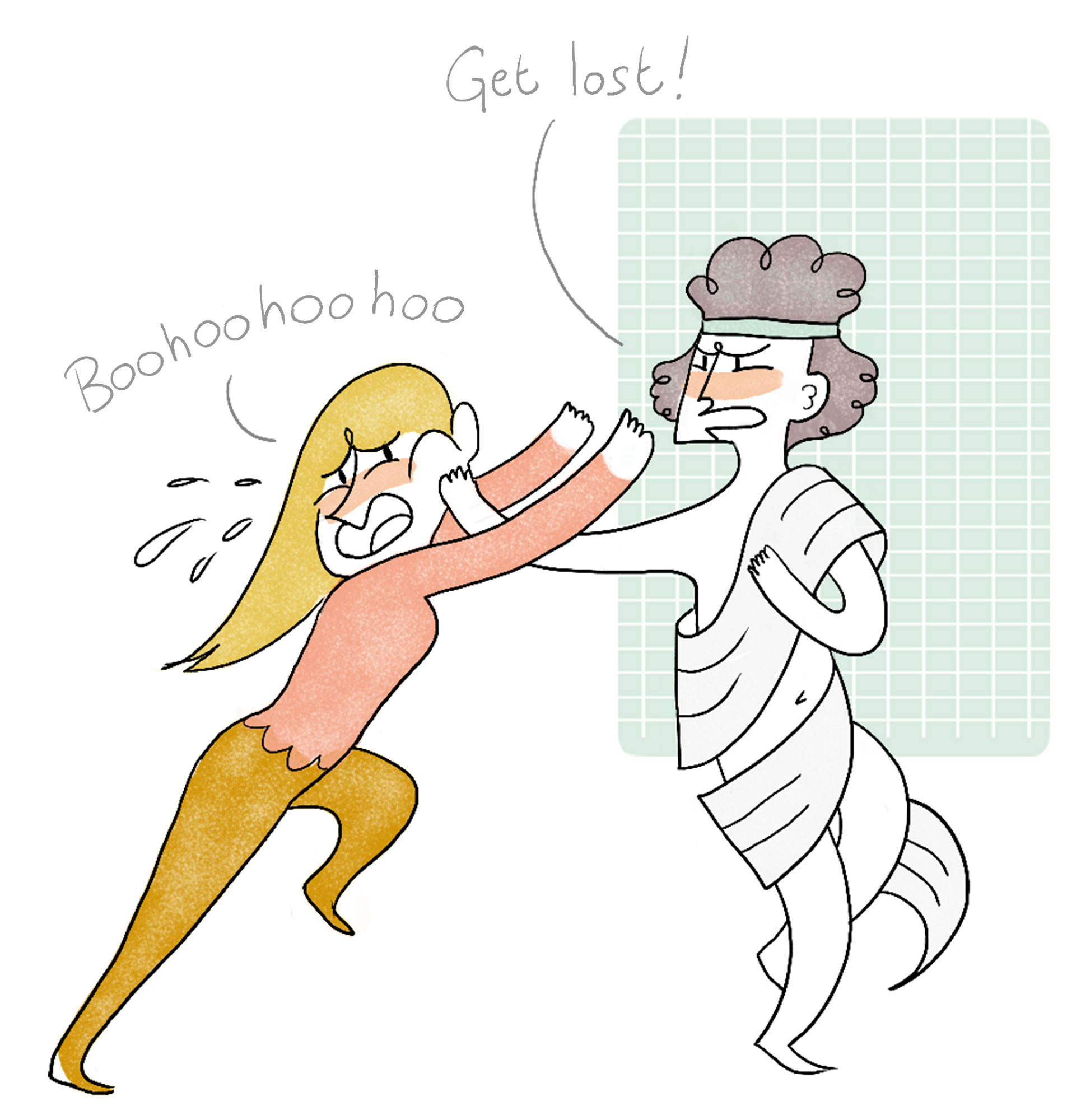
You’ve managed to fall asleep, but you woke up in the middle of the night. The truth of the matter is that it’s quite normal to wake up at night – your night is made out of sleep cycles. When you get to the end of a cycle, you’re more aware of your surroundings (noises, unconscious stress) and wake up more easily. The real problem starts when you can’t seem to fall back asleep.
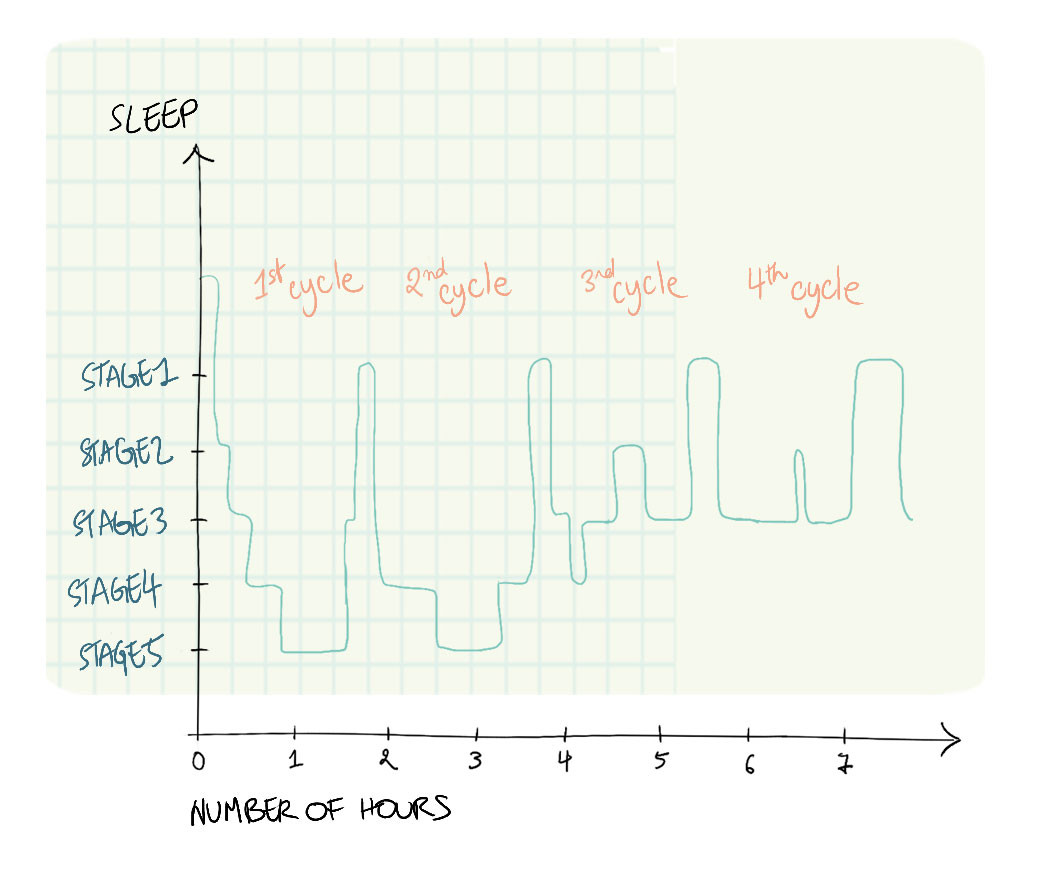
You’ve got thoughts running through your head, and nothing can stop them. When you pay attention to thoughts that excite you or frighten you, you release neurotransmitters: these neurotransmitters send a message to keep it awake. It’s kind of like when you’re watching a captivating movie: hard to fall asleep while watching it.
It’s the same thing with noises: you can be conscious of them or choose to not pay attention. When you got to sleep, you’re still too watchful and aware, so even fleeting thoughts keep you awake.
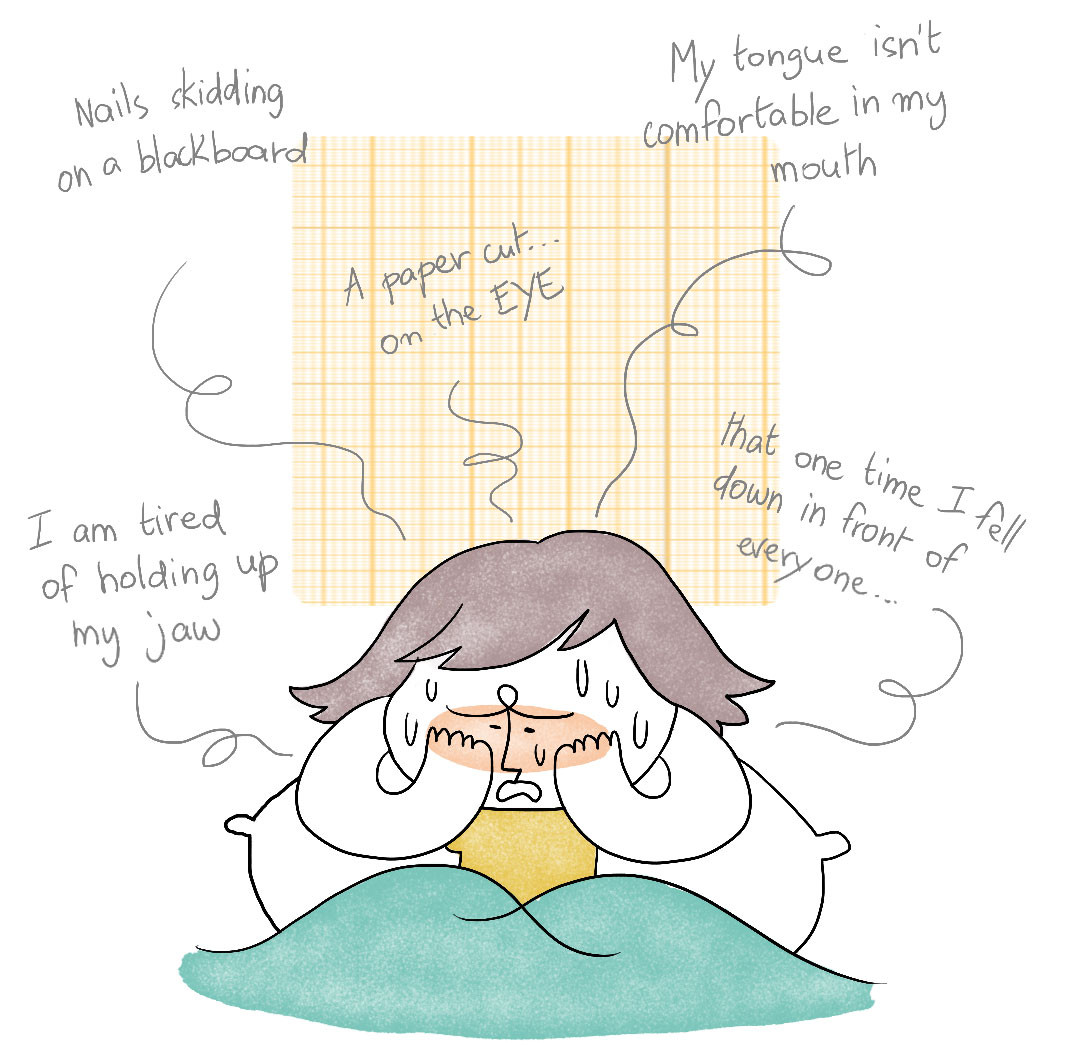
Insomnia’s nothing new to you, because you suffer from chronic insomnia.
“Will I manage to fall asleep tonight?” You’re already imagining yourself as a dead man (or woman) walking tomorrow. This fear of being unable to fall asleep is self-fulfilling and can lead to repeated bouts of insomnia. The truth is your organism hasn’t forgotten how to fall asleep… but the simple matter of believing that you can’t has tricked your body into being unable to sleep. You only end up sleeping when you’ve abandoned all hope of ever sleeping again – and often that’s far too late!
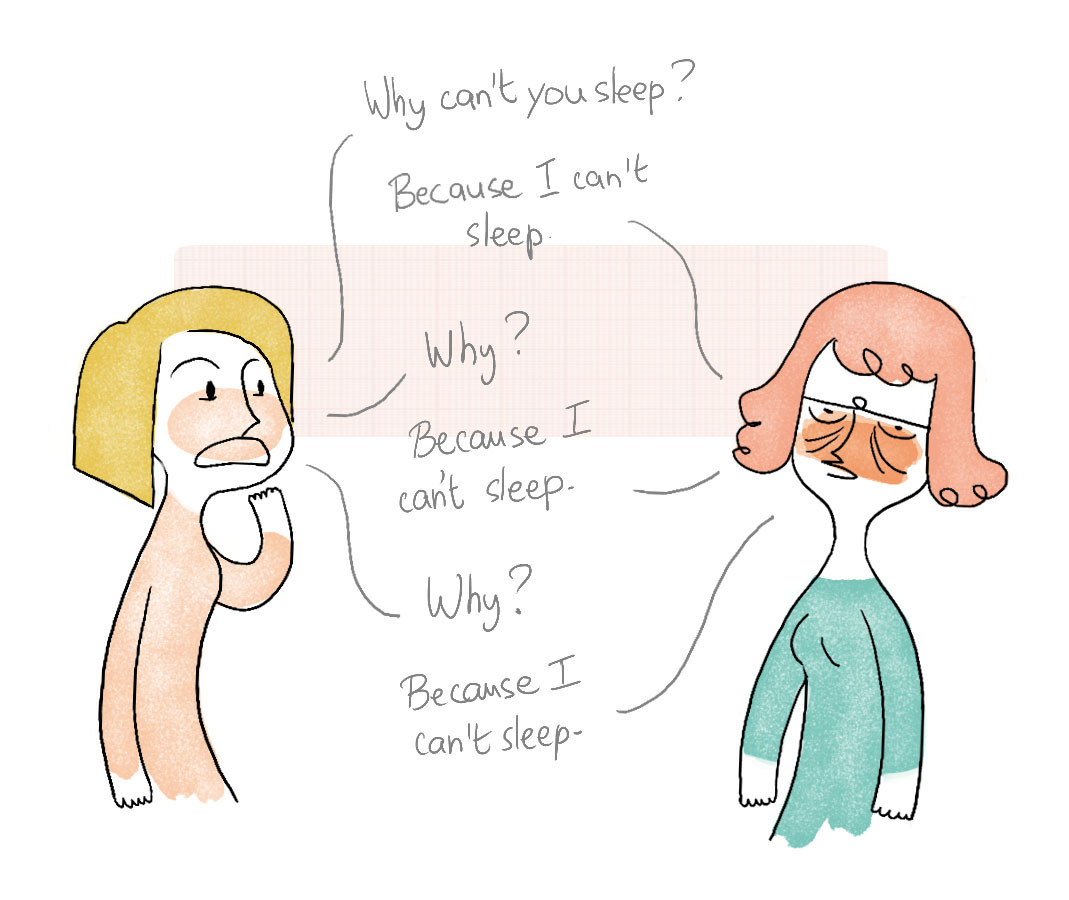
You’ve got huge worries, and they trouble you deeply. A difficult break-up, the loss of a job, or temporary depression often comes packaged with insomnia. You’ve got to act quickly before the insomnia becomes a conditioned response and continues to follow you even after your worries are behind you.
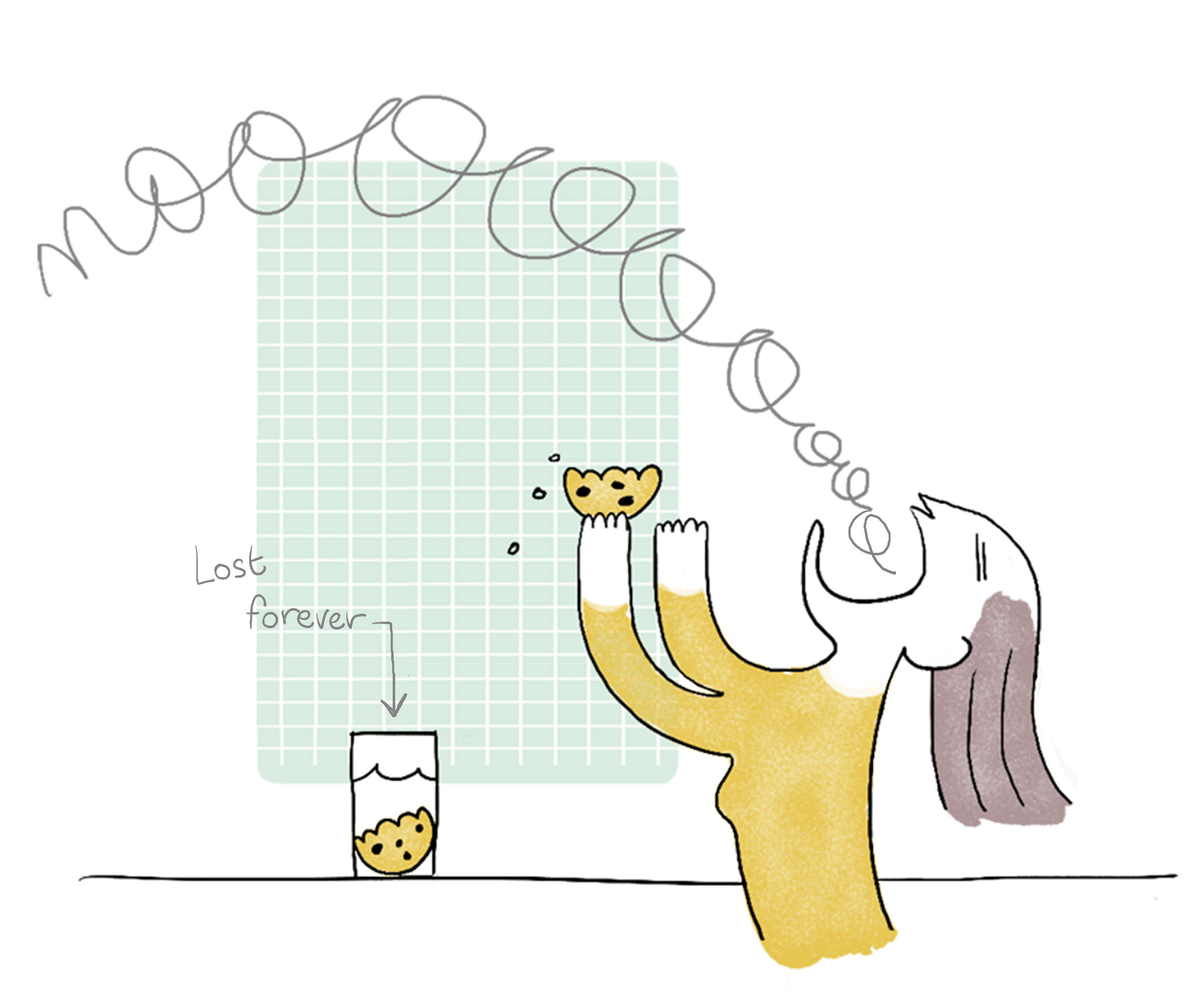
When you go home in the evening, you’re tense and irritable. Your body is ready to face a dangerous situation. Normally, your body switches from alert state to resting state automatically, but the stress buildup slows the process and a few hours are required instead of a few minutes.
All these situations have one thing in common: they make you nervous, anxious, worried. In other words, you’re SCARED. Scared of having messed up yesterday, fear of tomorrow, fear of not being able to sleep…
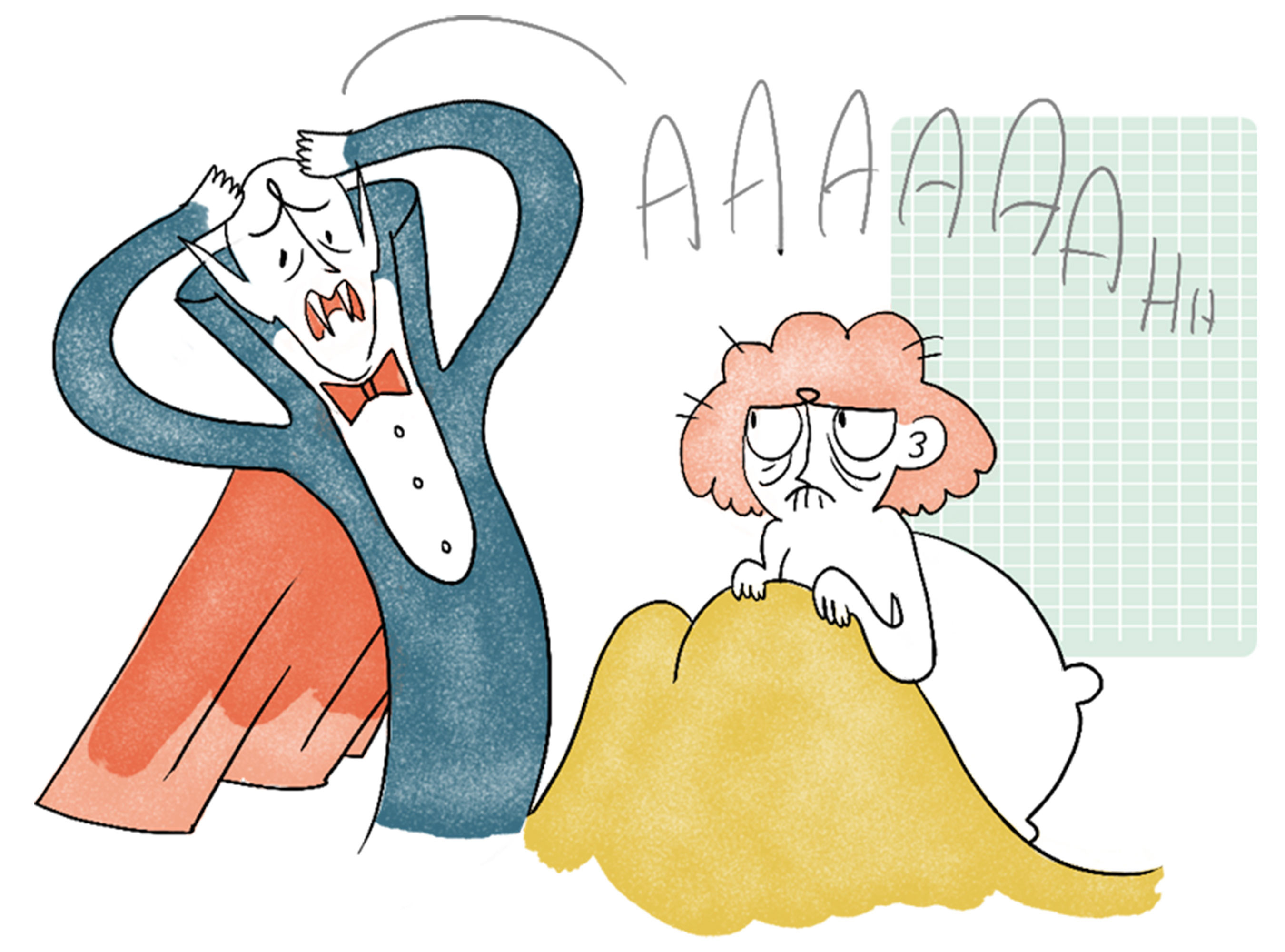
However, fear is useful and can’t be reduced to a psychological phenomenon. Fear and anxiety activate the alert state, a physiological mechanism marked by a hyperactivation of the autonomous nervous system. Neurotransmitters like noradrenalin are released in your system and contribute to keeping you awake.
In prehistoric times, the alert state was useful to quickly get on your toes in case of danger, but now it prevents you from going to sleep in your own bed.
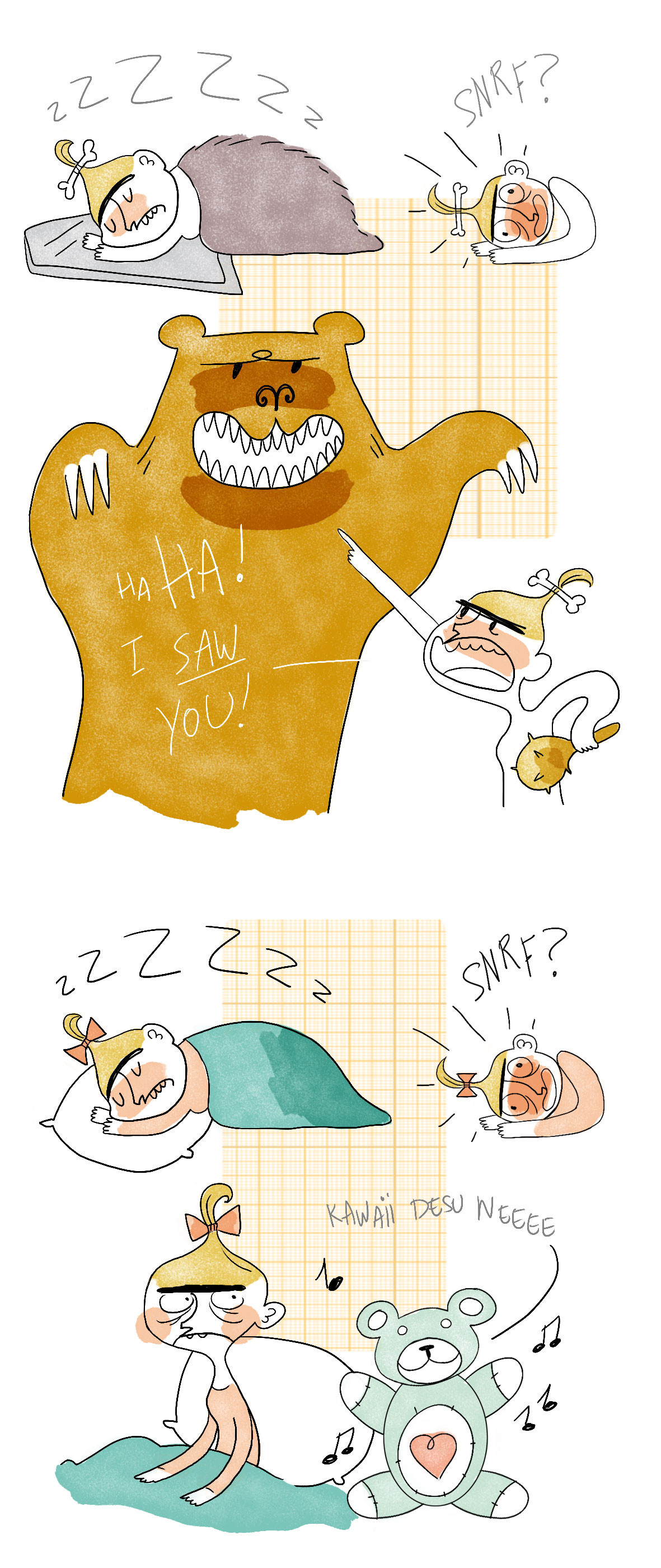
There are many tips to sleep better, but here’s one for all those people who can’t fall asleep: breathing exercises. Breathing exercises allow your body to naturally switch from alert state to resting state.
Cardiac coherence, a breathing technique based on rhythm and meditation, enables you to slow down your heartbeats on your own. Breathing slowly at a rhythm of about 6 breaths per minute (the rhythm of cardiac coherence) enables you to slow down your metabolism. Your body produces less cortisol, the stress hormone, and in a few minutes you’ve managed to put your body in a resting state. Meanwhile, concentrating on a pleasant thought such as a soothing landscape can sometimes help you slow down your stream of thoughts. This will also help you attain the resting state faster.
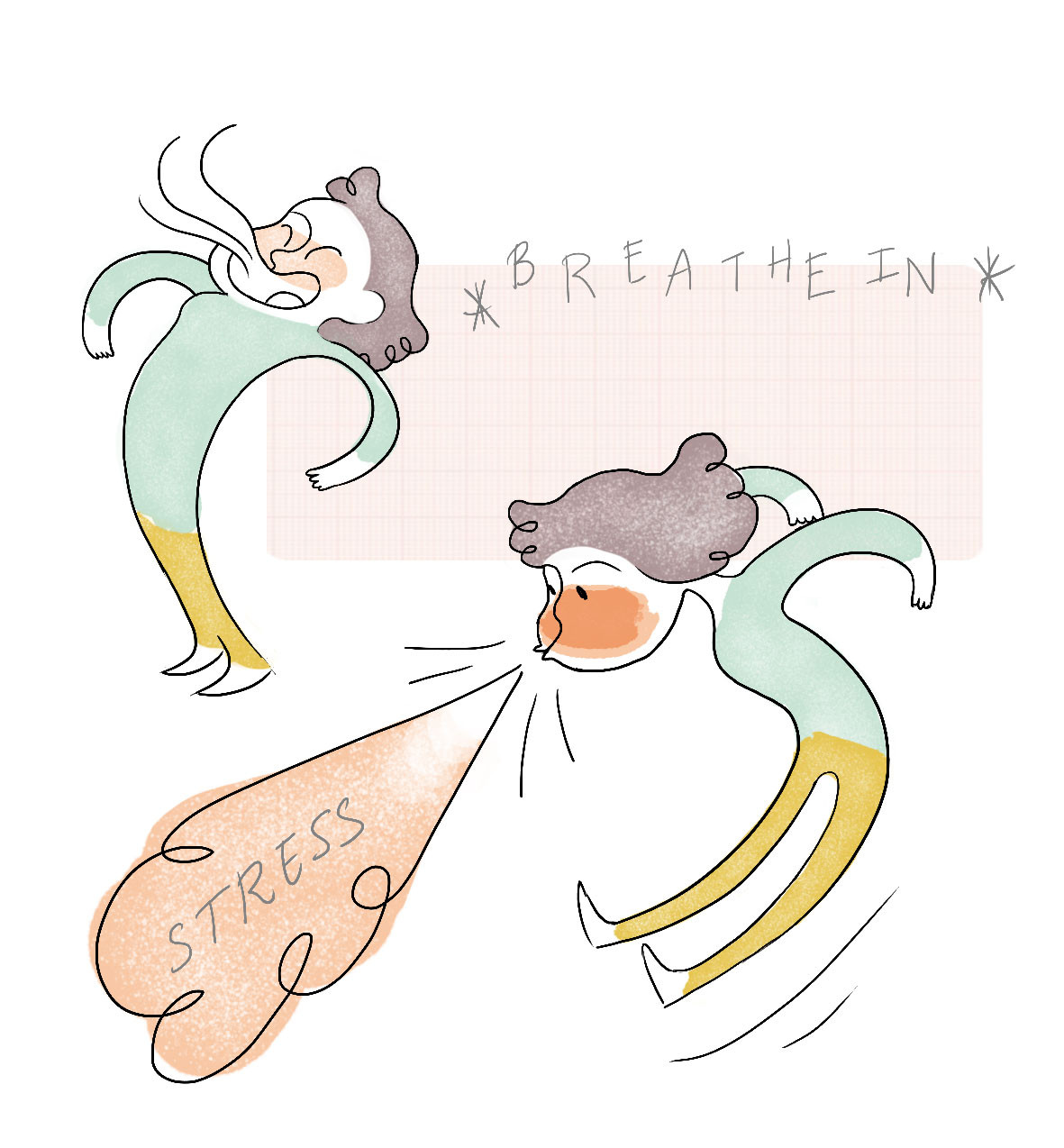
Because it’s not always easy to do on your own, Dodow would like to help you! By coordinating your breathing with Dodow’s glow, cardiac coherence becomes easy and accessible.
To top it off, concentrating on the blue light rather than your inability to sleep and your worries, Dodow helps you break the vicious cycle keeping you awake.
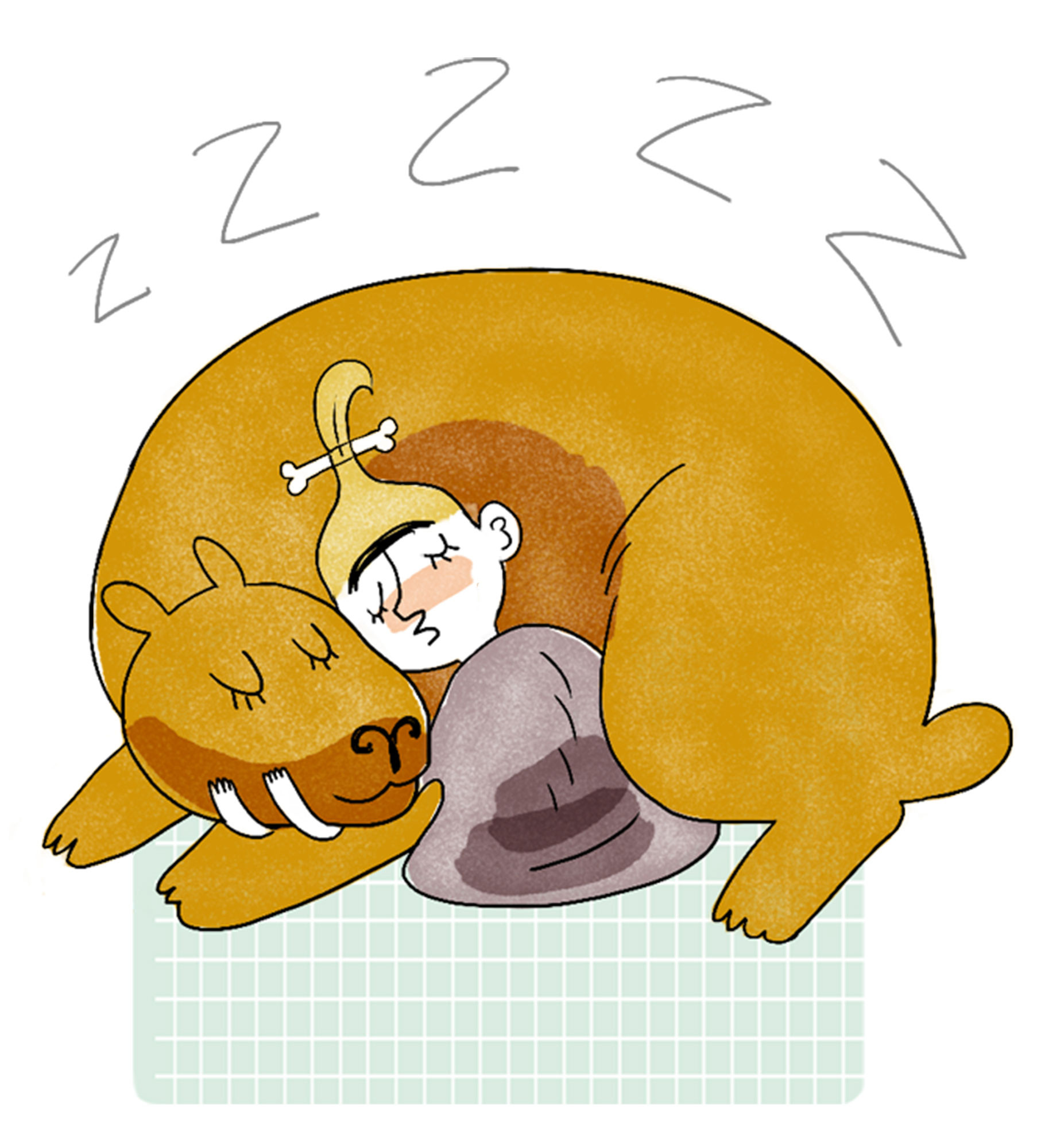
Découvrez les conseils de nos pharmaciens partenaires sur Doctipharma.